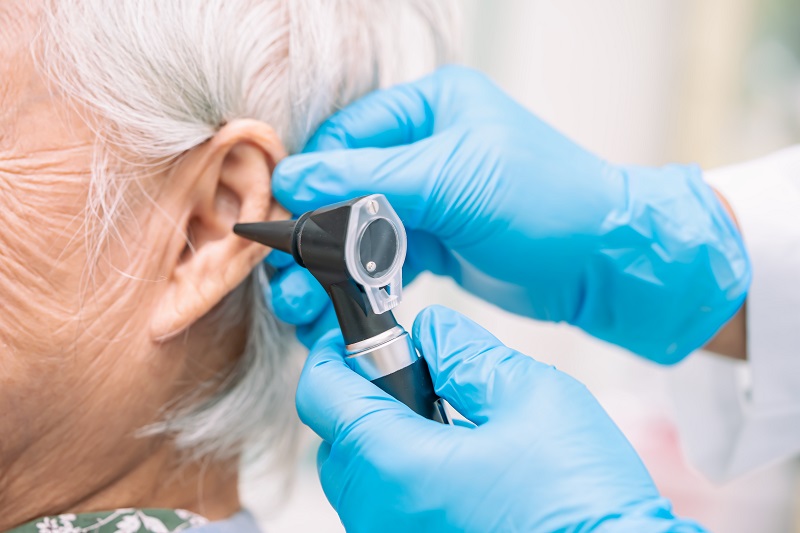 Sudden hearing loss in only one ear is relatively uncommon; however, it is usually not permanent, and effective treatment methods are available. It is essential to be informed about the necessary steps to maximize the likelihood of restoring hearing.
Sudden hearing loss in only one ear is relatively uncommon; however, it is usually not permanent, and effective treatment methods are available. It is essential to be informed about the necessary steps to maximize the likelihood of restoring hearing.
Sudden Hearing Loss in Only One Ear
Sudden hearing loss typically affects only one ear. This condition may become noticeable upon waking or develop over two to three days, often during activities such as using a telephone or headphones. Some individuals may experience a popping sensation before hearing loss, while others may report vertigo or tinnitus (ringing in the ears).
Many people who experience sudden hearing loss in one ear worry that they might lose hearing in their other ear as well. Fortunately, people don’t commonly lose hearing in their other ear, so that’s not something you have to worry about.
Causes of Sudden Hearing Loss in One Ear
ENTs often find it challenging to verify the true causes of sudden hearing loss, as medical professionals can accurately identify a specific cause in only roughly 15% of cases. In most situations, the underlying cause of the hearing loss is attributable to some form of damage to the inner ear, which could include:
Infections
This cause of inner ear damage primarily occurs due to a viral infection; however, in rare instances, it may be attributed to a bacterial infection.
Blood Circulation and Vascular Issues
Disorders that result in inadequate blood flow to the ear and the cochlea may lead to symptoms such as intermittent or permanent hearing loss. Notable examples of such disorders include cardiovascular diseases and ischemia, a condition in which a specific region of the body fails to receive sufficient blood supply.
Neurological Conditions
Research indicates that hearing impairment can occur alongside a range of neurological disorders, including Alzheimer’s disease, Parkinson’s disease, Huntington’s disease, Autism spectrum disorder, and Multiple Sclerosis.
Tumors
Pressure from an acoustic neuroma, a rare tumor that develops on the auditory nerve responsible for balance and hearing, can result in hearing loss. Although this type of tumor is uncommon, an ENT specialist needs to rule it out as a potential cause.
Sudden hearing loss in one ear is often due to viral infections or vascular issues. A qualified otolaryngologist can diagnose the cause and recommend suitable treatment options.
Treatment Options
Sudden hearing loss can be effectively treated by an ENT specialist, especially when it is promptly evaluated. During your visit, the physician will assess the potential causes of your condition and recommend the most appropriate remedy based on your distinct symptoms and medical history.
Typically, there are two primary treatment options for sudden hearing loss affecting only one ear:
Oral Steroids
Oral corticosteroids are the most common treatment for hearing loss, reducing inflammation and swelling in the ear to aid nerve recovery. Typically prescribed in pill form, these medications can cause side effects such as fluid retention, gastrointestinal discomfort, and elevated blood pressure, yet they are highly effective in treating hearing loss.
Intratympanic Steroids
In certain instances, an ENT may administer steroids directly into the ear. Intratympanic steroid injections may be combined with oral steroids or offered as an alternative for patients who cannot tolerate oral therapy. While various studies for treatments for sudden hearing loss explored possible options over the years, steroids remain the only intervention demonstrated to produce significant results.
When You Should See an ENT
If you’re experiencing sudden hearing loss in one ear, it is critical to consult an ENT right away. While a wait-and-see approach may seem appealing, it is essential to address sudden hearing loss promptly to increase the likelihood of recovery. With timely and appropriate intervention, you can increase the probability of restoring hearing. Although complete hearing restoration is uncommon, most patients who seek immediate treatment from an ENT specialist can regain some or most of their hearing.